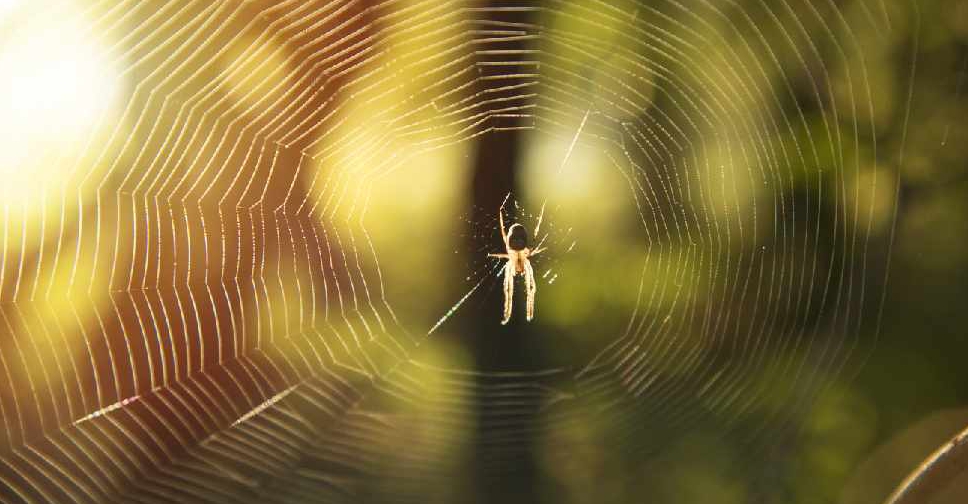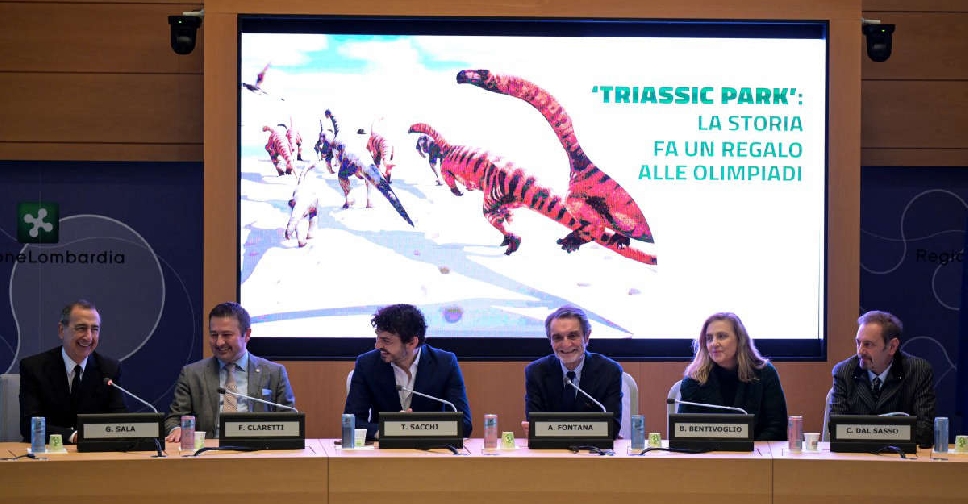
It is an eerie, foreboding, reverberating tune, enough to send a tingle down your spine.
This is what a spiderweb sounds like.
From communication to construction, spiderwebs may offer an orchestra of information, says Markus Buehler, engineering professor at the Massachusetts Institute of Technology, who has been using artificial intelligence to study them.
"Spiders utilize vibrations as a way to communicate with the environment, with other spiders," he said. "We have recorded these vibrations from spiders and used artificial intelligence to learn these vibrational patterns and associate them with certain actions, basically learning the spider's language."
Buehler and his team of researchers created 3D models of spiderwebs when the arachnids were doing different things - such as construction, repair, hunting and feeding. They then listened for patterns in the spider signals and recreated the sounds using computers and mathematical algorithms.
"Spiders are a whole different animal," said Buehler. "What they see or sense isn't actually audible or visible to the human eye or the human ear. And so by transposing it, we begin to experience that."
Buehler hopes his team's work could enable humans to understand the language of a spider and one day communicate with them.
"The melodies are really the kind of relationships that the spider would also experience. And so we can begin to feel a little bit like a spider in that way," Buehler said.
There are more than 47,000 species of spiders, and all spin silk webs to provide housing and catch food. Scientists say the silk from a spiderweb is five times stronger than steel.
The living structure of a spiderweb could lead to innovations in construction, maintenance and repair, Buehler said.
"We can imagine creating a synthetic system that would mimic what the spider does in sensing the web, repairing the web," he said.


 Thousands of dinosaur footprints found near Winter Olympics site
Thousands of dinosaur footprints found near Winter Olympics site
 Japan's last two giant pandas are headed to China and fans just can't bear it
Japan's last two giant pandas are headed to China and fans just can't bear it
 Huge undersea wall dating from 5000 BC found in France
Huge undersea wall dating from 5000 BC found in France
 Koshary, a spicy Egyptian staple, wins UNESCO recognition
Koshary, a spicy Egyptian staple, wins UNESCO recognition
 At Britain's first plant-based Michelin-star restaurant, most diners aren't vegan
At Britain's first plant-based Michelin-star restaurant, most diners aren't vegan




